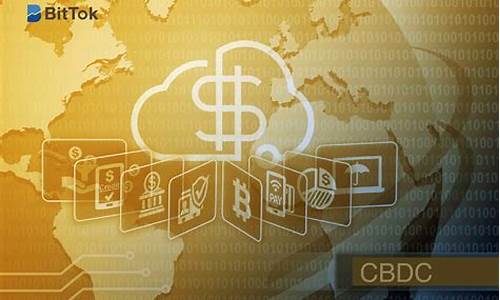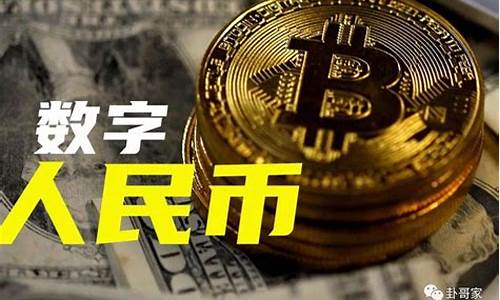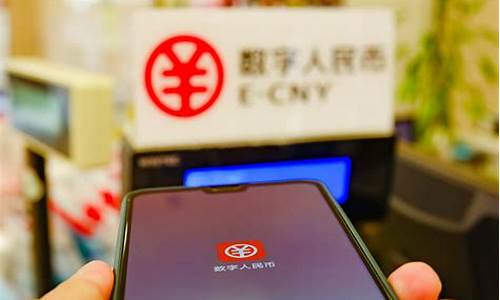
The exchange rate between the euro and the Chinese yuan is a crucial factor in
international trade and commerce. It refers to the value of one currency in
relation to another. In this article, we will discuss the current exchange
rate of the euro against the Chinese yuan.
At present, the exchange rate of the euro against the Chinese yuan is approximately
1欧元 = 7.8人民币. This means that if you were to purchase €100 worth of goods
or services in China using euros, you would need to pay approximately ¥780 in
Chinese yuan.
This exchange rate fluctuates constantly due to a variety of factors, including
economic indicators, political events, and market sentiment. It is important
to keep track of these fluctuations in order to make informed decisions about
currency exchange and investment.
One of the main factors that affect the exchange rate of the euro versus the
Chinese yuan is the strength of the Chinese economy. If China's economy is doing
well, it tends to strengthen its currency, making it more valuable relative to
other currencies. This can lead to an increase in demand for euros and a decrease
in supply, which can drive up the exchange rate. On the other hand, if China's
economy is struggling, it tends to weaken its currency, making it less valuable
relative to other currencies. This can lead to a decrease in demand for euros and
an increase in supply, which can drive down the exchange rate.
Another factor that affects the exchange rate is political stability. If there are
ongoing political tensions or conflicts in Europe or Asia, it can create uncertainty
and volatility in the currency markets. This can lead to a decrease in demand for
euros and an increase in supply, which can drive down the exchange rate.
In conclusion, the exchange rate of the euro against the Chinese yuan is an important
factor in international trade and commerce. It is constantly fluctuating due to
a variety of factors, including economic indicators, political events, and market
sentiment. By keeping track of these fluctuations and understanding their underlying
causes, businesses and individuals can make informed decisions about currency exchange
and investment.










